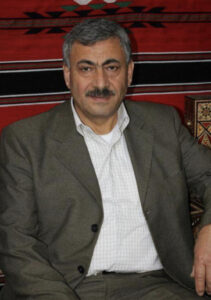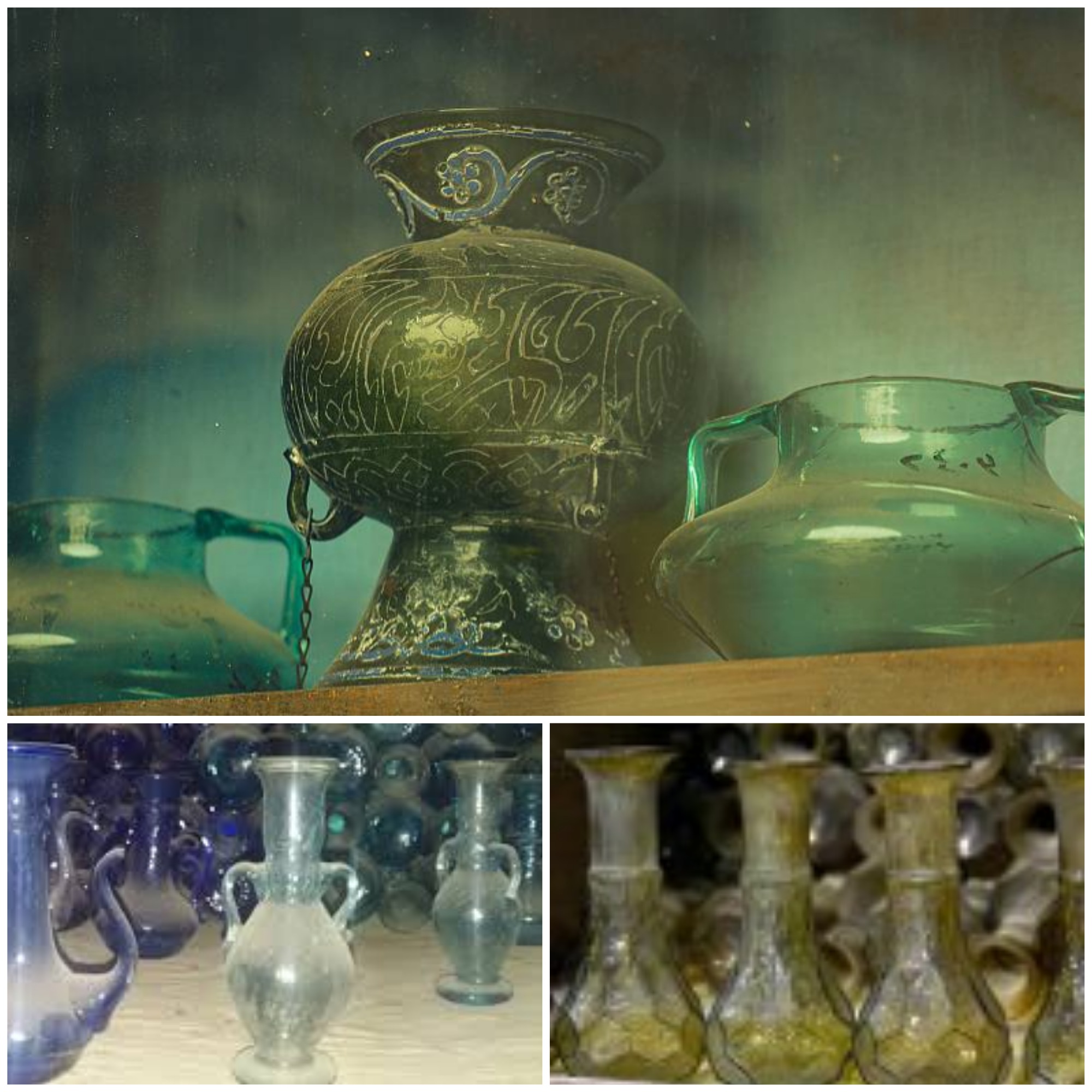A celebration to be held next week on the occasion of adding Damascene glassblowing to UNESCO’s list
On the 6th of December, 2023, the traditional Syrian glassblowing was added to the UNESCO’s List of Intangible Cultural Heritage in need of urgent safeguarding,
“The glassblowing is the 6th Syrian craft that has been added to UNESCO List to revive it ,” according to Fouad Arbash, the Head of the Craft Association for Traditional Oriental Products in Damascus.
Arbash told Syria Times e-newspaper that the crisis, which Syria has faced over the past 10 years, has taken its toll on the country’s crafts in general to the extent of extinction.
“During the crisis, this craft- just like other crafts-has faced many problems, mainly the lack of raw materials, to keep it alive. So, the two brothers: Ahmad and Mahmod Hallaq, who are still practicing this Damascene craft, presented a demand to the Ministry of Culture and the Syria Trust for Development to add the craft to the UNESCO list. Thus a study was conducted by the organization after the ministry and the Trust had contacted,” Arbash clarified, indicating that the study proved that this craft is a Damascene craft.
 He also pointed out that next week a celebration will be held by the Ministry of Culture in cooperation with the Trust in Damascus on the occasion of adding this craft to the list of the UNESCO with the aim of declaring a comprehensive study on glassblowing .
He also pointed out that next week a celebration will be held by the Ministry of Culture in cooperation with the Trust in Damascus on the occasion of adding this craft to the list of the UNESCO with the aim of declaring a comprehensive study on glassblowing .
“During the coming four years, this craft will be supported by all means, such as providing raw materials to craftsmen, and there will be a plan to pass it to the new generation,” Arbash added.
Regarding the selling of hand-made glasses in the local market, Ahmad Al-Hallaq indicated that the Minister of Tourism issued a law on obligating all tourist projects, whether they are invested locally or internationally, to buy 60% of their equipment from the local market and this has enhanced the work of various types of crafts.
Hallaq learnt the skill of glass production from his forefathers, and he is proud of adding his craft to UNESCO’s list.
“There were 15 factories for making glasses in the Al-Shagour area in Damascus, and my father was working in one of these factories…I was 7 years old then and I was going with my father to the factory there. Four years later, my father moved to this factory in which we are now and I started to work with him…. I love this craft,” he added.
As for the prices of glass products, Hallaq said that the price of small vasa is 15000 Syrian Pounds and the price of one small glass of tea is 15000 Syrian pounds, while the price of the big glass cup of tea is 30000 Syrian Pounds.
He concluded by saying: “ I hope that we will have opportunities in the near future to show our products in Arab, regional and world exhibitions.”
Traditional glassblowing in Damascus is the artisanal craft of creating glass objects using pieces of waste glass. To create an object, pieces of glass are placed inside a handmade brick oven to melt. The craftsman twists the molten glass around a hollow metal rod. He then blows into the rod to inflate the glass, using metal tongs to mould it into the desired shape, such as a cup, vase, lamp or ornament. Powdered dyes are used to colour the glass while it is still melted or to decorate the objects once they have cooled and hardened.
Damascene glassblowing is characterized by the white, blue, green and crimson colours used, as well as the painted gold motifs.
Interviewed by: Basma Qaddour

